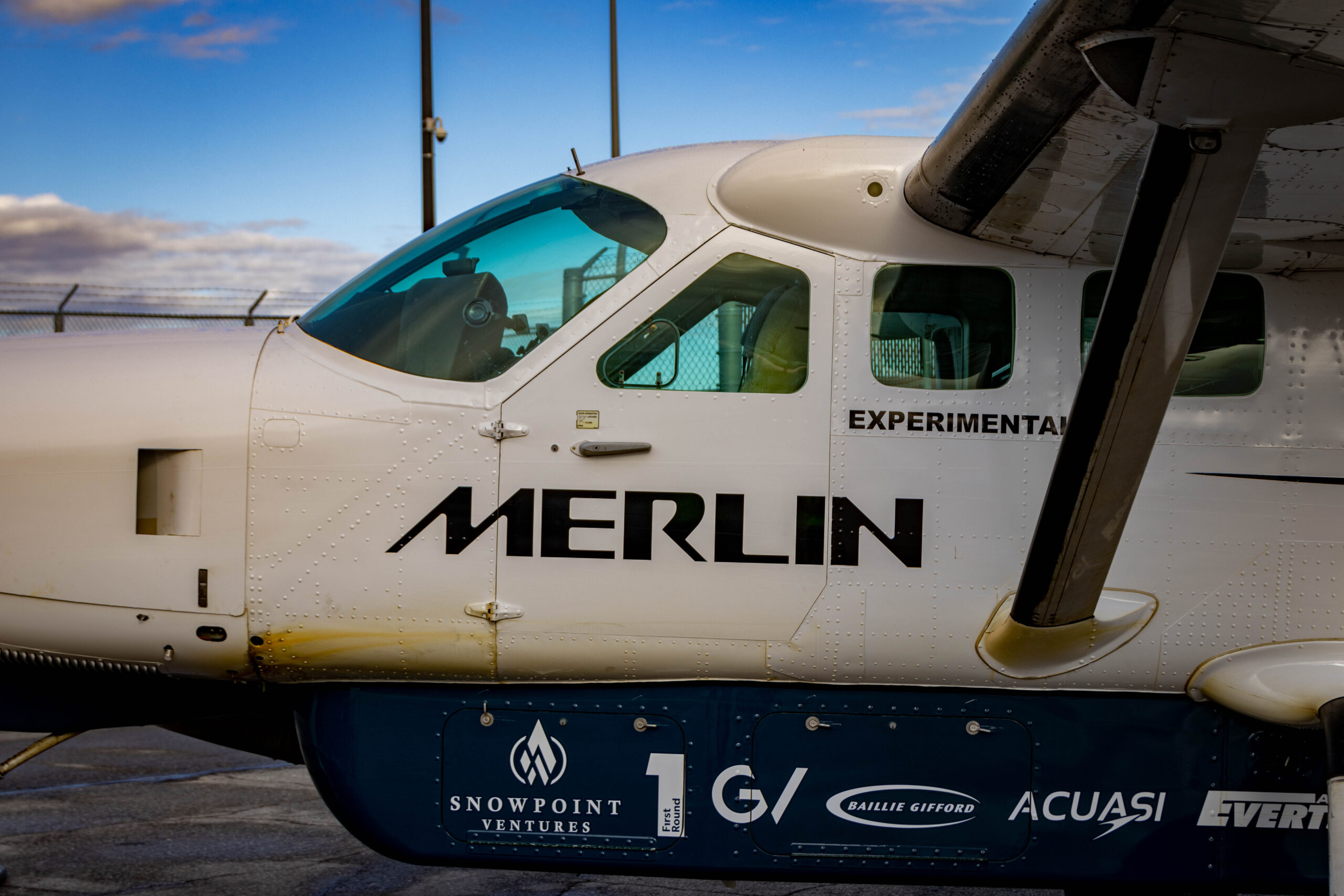Merlin Successfully Completes Trials for First Automated Air Cargo Network in the US

Merlin has successfully completed Alaska-based flight trials for what it says is the first air cargo network in the US flown by a non-human pilot.
The aviation technology company said it has successfully completed 25 test flights in Alaska after it was awarded a $1m contract with the Federal Aviation Administration (FAA) to demonstrate a highly-automated flight control system in conjunction with a safety pilot.
In partnership with the FAA-designated University of Alaska Fairbanks UAS Test Site and airline Everts Air Cargo, the test flights reached rural areas using crewed aircraft augmented with its integrated hardware and software solution, the Merlin Pilot.
All routes originated from Fairbanks and flew to Fort Yukon, Galena, Huslia, Tanana and Prudhoe Bay. Over sixty hours of systems-on, autonomous flight time were successfully completed with the Merlin Pilot allowing for extensive data collection in a real world environment with complex terrain and inclement weather.
This data is essential to maturing in-flight capabilities as well as progressing autonomy for the aviation industry, said Merlin. The test flights also make Merlin the first autonomy system to be integrated into the US national airspace system (NAS).
“The data we’ve been able to gather from these flight trials is critical to the maturation of our in-flight technology, but also to our continued progression in certifying the Merlin Pilot,” said Matthew George, co-founder and chief executive of Merlin.
“It’s exciting to know our technology can successfully reach remote locations in Alaska, proving an important application for autonomy; its ability to assist in dangerous missions. We’re incredibly thankful for the support and partnership of the FAA, Everts Air Cargo, and ACUASI (Alaska Center for Unmanned Aircraft Systems Integration). Our partners have been critical in our ability to progress the Merlin Pilot.”
“Operating in Alaska is a real challenge. I like to say we’re the final exam. If you can fly here you can fly anywhere as we deal with long distances, extreme climate variations, and limited communications coverage,” added Cathy Cahill, director of ACUASI at the UAF Geophysical Institute.
“As we’ve learned in collaboration with Merlin’s team, it’s very apparent that they are doing this right. Their integrated approach to our unique ecosystem is one of the main reasons they were the first company with which we approached the FAA. They use real data to train the onboard automation system to ensure safety.”
